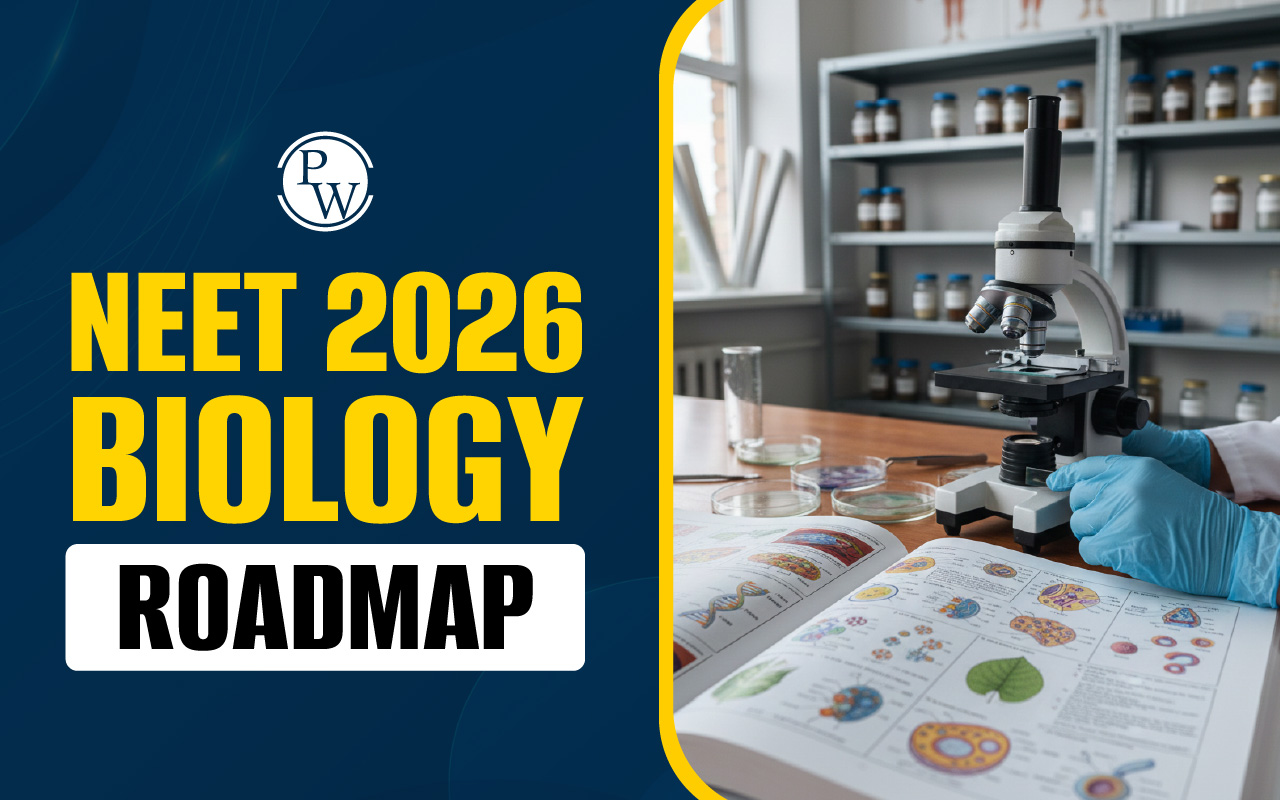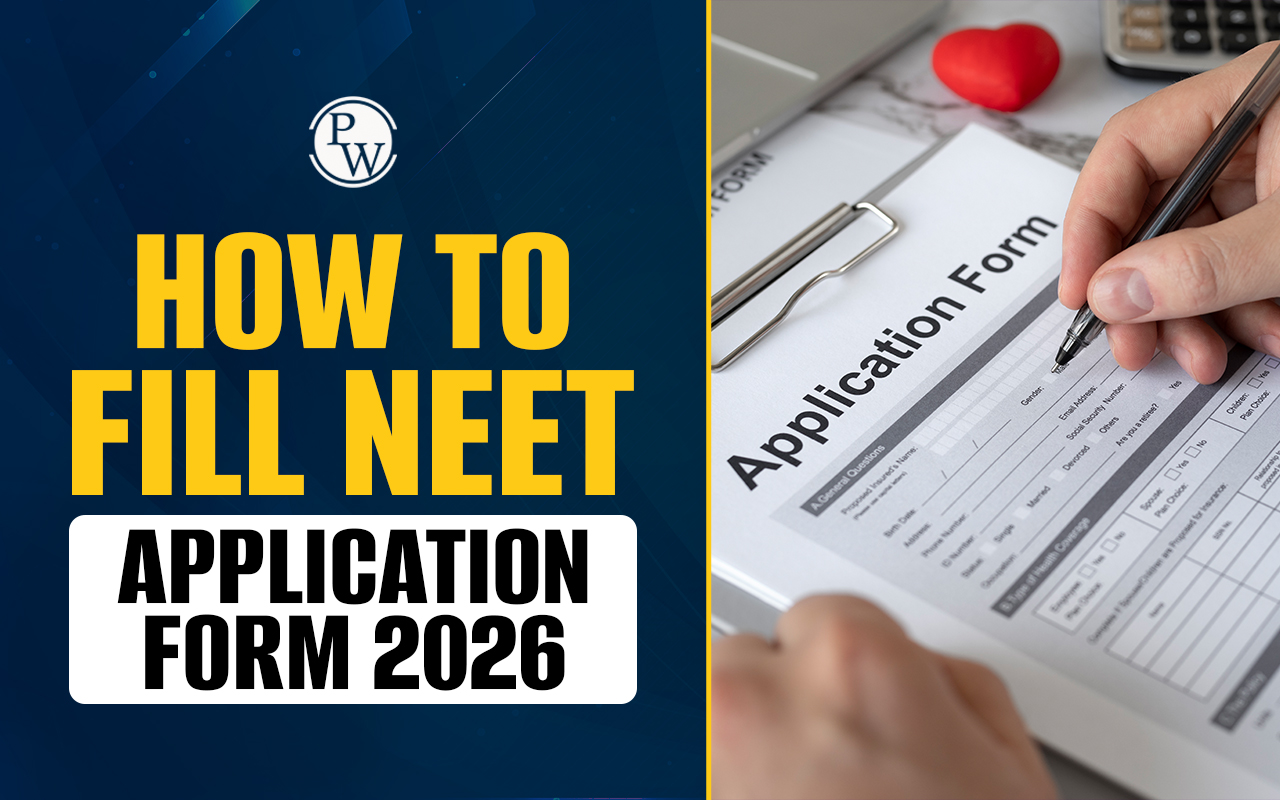
How to Become a Dentist in India: Dentistry is a respected profession in the medical stream. Dentists are the doctors who take care of our teeth, gums, and oral health. They cure tooth decay, fix broken teeth, help prevent gum disease, and more. Even those who want to improve their smile resort to dentists to make use of their cosmetic dental procedures. Dentists not only work on people’s dental health but also inform them about ways to take care of their oral hygiene throughout their lives.
Dentistry is a good career option for students who want to serve society in the medical stream without taking up general medicine. It allows you to practice medical science and patient care in a more targeted manner. The BDS course in India (Bachelor of Dental Surgery) is the only recognized dental qualification in India. After completing your BDS course in India and registering with the Dental Council of India, you will be able to work as a qualified dentist.
How to Become a Dentist in India Overview
The process of becoming a dentist in India is organized. In order to become a dentist in India, you must first complete a school education in the science stream, qualify for the NEET UG exam, and complete the BDS course in India. After your graduation and internship, you will need to register with the Dental Council of India before you start your career.
This process can be explained in four stages:
-
Complete Class 12 with Physics, Chemistry, and Biology as subjects
-
Qualify in the NEET UG entrance exam
-
Complete the 5-year BDS course (academics is 4 years + internship of 1 year)
-
Register with the Dental Council of India and begin practicing
Note: If you are taking drop or preparing for the NEET exam, then explore our NEET Online Courses.
Dentist Career in India
The dental career in India is diverse. With increasing awareness among the people about oral health, the dental clinics are getting busy with patients who come not only for treatment, but for preventive or cosmetic reasons. Dentists deal with a variety of cases, from toothaches and cavities to braces and oral surgery.
-
The following are some of the career options for a dentist:
-
Working in a government hospital or in the public health department.
-
Joining a private dental clinic or starting your own clinic.
-
Working as a faculty member in a dental college to teach and mentor students.
-
Engaging in research to develop new methods of treatment or materials.
-
Specializing in a particular area like orthodontics, oral pathology or periodontics.
Dentist profession requires good communication skills and a caring nature. A dentist has to have the desire and willingness to learn throughout his or her career. A dentist usually deals with patients in the long run. So, he or she has to be able to empathize with the patients and earn their trust.
BDS Course in India
The Bachelor of Dental Surgery (BDS) is the only recognized degree in India for becoming a dentist. It is regulated by the Dental Council of India (DCI).
| BDS Course in India | |
| Component | Details |
| Degree Name | Bachelor of Dental Surgery (BDS) |
| Regulating Authority | Dental Council of India (DCI) |
| Nature of Programme | A combination of academic coursework and hands-on clinical training |
| Duration | 4 years of academic learning + 1 year of compulsory rotating internship in dental hospitals or clinics |
| Core BDS Subjects | Human Anatomy, Physiology, and BiochemistryDental Materials and Oral PathologyConservative Dentistry and ProsthodonticsOrthodontics and PedodonticsOral Surgery and PeriodontologyPublic Health Dentistry |
BDS Eligibility Criteria
The BDS eligibility criteria in India are well-established and regulated by the Dental Council of India. Aspiring students must have the required academic background for pursuing dental studies. Here is the eligibility Criteria to become a Dentist in India:
-
Educational Qualification: Candidates must have passed the 10+2 (PCM) or equivalent examination from any recognized board, with Physics, Chemistry, and Biology (PCB) as the main subjects, in addition to English, which is usually a mandatory subject.
-
Minimum Marks: Candidates from the General Category must have a minimum of 50% of the aggregate marks in Physics, Chemistry, and Biology. Reserved candidates can have an aggregate of 40–45% depending on the institution or state rules.
-
Age Limit: The candidate must be at least 17 years old on or before the 31st of December of the year of admission to the course.
-
Entrance Exam: All applicants are required to clear the National Eligibility cum Entrance Test (NEET), the unified entrance exam for BDS admissions in India.
Steps to Become a Dentist
Here are the steps to become a dentist in India:
-
Step 1: Selection of Science in Class 11 and 12: Physics, chemistry, and biology must be taken as the subjects of study by you.
-
Step 2: Preparation for NEET UG: NEET UG is the only eligibility exam for admission to BDS, and one must start preparation well in advance. Practice previous years' question papers, be consistent and study NCERT textbooks well.
-
Step 3: Appear for NEET and Get a Good Rank: A better rank in NEET increases your chances of getting admission in a good dental college.
-
Step 4: Participate in the Counselling Process: After the announcement of NEET UG results, a candidate must take part in counselling by MCC (for AIO quota seats) or state government, for seat allotment in the dental colleges.
-
Step 5: Completion of the BDS Course: Throughout the duration of the course, try to gain as much practical experience as possible, learn about patient care, and study new techniques in the field of dentistry.
-
Step 6: Registration with the Dental Council of India (DCI): After successful completion of the BDS course and internship, the candidate must register with the DCI or the state dental council to become a legally authorized dentist in the country.
-
Step 7: Join the Workforce or Continue with Further Studies: The candidate can join the field as a general dentist or go for an MDS (Master of Dental Surgery) course to get specialization.
Admission Process for BDS
As you consider the path to become a dentist in India, it is crucial to understand the process to get admission in the BDS programme. With the implementation of the National Eligibility cum Entrance Test (NEET-UG), admissions to BDS colleges have become more streamlined. The admission process for BDS programmes generally consists of the following steps:
-
Apply for NEET-UG: You will need to fill out an online application form available on the National Testing Agency (NTA) website before the given deadline.
-
Appear for the NEET Examination: The NEET exam comprises multiple-choice questions (MCQs) for Physics, Chemistry, and Biology, based on the Class 11 and Class 12 syllabus.
-
Check the Results: Your performance in the NEET exam, indicated by a score and an all-India rank, will determine the range of colleges you can apply to for admission.
-
Register for Counselling: Admission for All India Quota (AIQ) seats is managed by the Medical Counselling Committee (MCC), while state counselling authorities handle admissions for state quota seats.
-
Choice Filling and Seat Allotment: Candidates indicate their college preferences, and seats are allotted based on rank, category, and availability.
-
Document Verification and Fee Payment: Applicants are required to provide original mark sheets, NEET scorecard, a valid ID proof, and certificates for any category benefits claimed, which are then verified, followed by the payment of BDS admission fees.
-
Reporting to the Allotted College: Finally, candidates report to the college allotted to them on the designated date to join the academic sessions.
BDS Colleges in India
The quality of your education depends on the college you choose. Some of the government BDS colleges in India are:
| List of Government BDS Colleges in India | |
| College Name | State |
| Regional Dental College, Guwahati | Assam |
| Patna Dental College & Hospital, Patna | Bihar |
| Dr. Harvansh Singh Judge Institute of Dental Sciences & Hospital, Chandigarh | Chandigarh |
| Govt. Dental College, Raipur, Chhattisgarh | Chhattisgarh |
| Army Hospital (Research and Referral) Delhi Cantt, Delhi | Delhi |
| University College of Medical Sciences, Dilshad Garden | Delhi |
| Goa Dental College & Hospital, Goa | Goa |
| AMC Dental College, Ahmedabad | Gujarat |
| Govt. Dental College & Hospital, Ahmedabad | Gujarat |
| Govt. Dental College Hospital, Jamnagar | Gujarat |
| Post Graduate Institute of Dental Sciences, Rohtak | Haryana |
| H.P. Govt. Dental College & Hospital, Shimla | Himachal Pradesh |
| Govt. Dental College, Srinagar | Jammu & Kashmir |
| ESIC Dental College, Gulbarga | Karnataka |
| Govt. Dental College, Bangalore | Karnataka |
| Govt. Dental College, Trivandrum | Kerala |
| Armed Forces Medical College, Pune-1 | Maharashtra |
| Govt. Dental College & Hospital, Aurangabad | Maharashtra |
| Govt. Dental College & Hospital, Mumbai | Maharashtra |
| Govt. Dental College & Hospital, Nagpur | Maharashtra |
| Govt. Dental College & Hospital, Jaipur | Rajasthan |
| Tamil Nadu Government Dental College & Hospital, Chennai | Tamil Nadu |
| Government Dental College and Hospital, Hyderabad | Telangana |
| Dr. Ziauddin Ahmad Dental College, Aligarh | Uttar Pradesh |
| Faculty of Dental Sciences, Banaras Hindu University, Varanasi | Uttar Pradesh |
| Dr. R. Ahmed Dental College & Hospital, Calcutta | West Bengal |
Prepare for NEET with PhysicsWallah's NEET online coaching. Learn through easy-to-understand lessons and get help whenever you need it.
How to Become a Dentist in India FAQs
Q1. What is the first step in How to Become a Dentist in India?
Q2. Is NEET UG mandatory for How to Become a Dentist in India?
Q3. How long does it take to complete the BDS course?
Q4. Can I open my clinic after completing BDS?
Q5. What are the career options after BDS in India?










